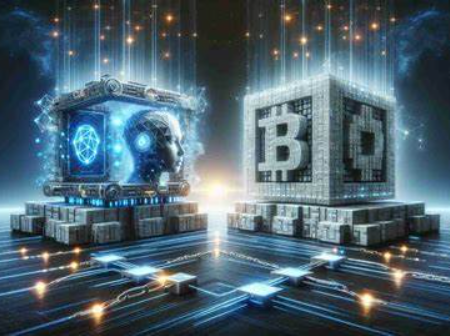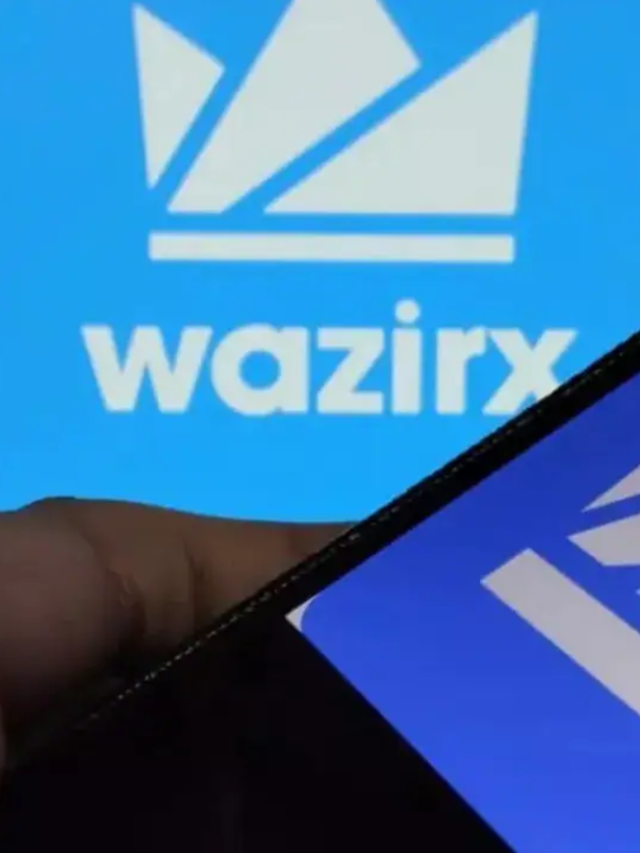Decentralized cryptos world of cryptocurrencies is enormous and dynamic. While digital currencies are still in the process of evolution, there exist two systems that rule the roost: centralized and decentralizeed cryptos. Each system has a different advantage and also hosts different challenges. This article will discuss these two systems and try to deduce which will shape the future of digital currencies.
What are centralized cryptos?
By definition, centralized cryptos are digital currencies run through central points and controlled either by one governing body or even a board of people. Think about this as any traditional bank that keeps your money in control. In centralized cryptos, the organization behind them stipulates the activities to be performed on the currency, the security measures, and how things around transactions should be processed. Examples of centralized cryptos include some stablecoins and many private digital currencies.
Benefits of Centralized Cryptos
Centralized cryptos have a few advantages. First and foremost, most of them have better user support. When something goes wrong, you can contact the organization for support. Second, they are usually faster than those that aren’t because decisions and updates get made much quicker by the central authority.
Disadvantages of Centralized Cryptos
However, they also have their own set of drawbacks. The biggest issue is that of trust: in a system, users need to trust the central authority for good behavior with their funds. Where security breaches or financial mismanagement at the hands of the organization may lead to massive losses. Also, cryptos can fall under regulatory and governmental control, thereby reducing their use.
What Are Cryptos?
Decentralizeed cryptos work quite differently. In place of any central authority, they rely on a network of distributed computers to perform their operations. Such a distributed network, in general, applies blockchain technology, ensuring that transactions are recorded and verified by multiple nodes. The prime examples of decentralizeed cryptos include Bitcoin and Ethereum.

Centralized vs. Decentralized Cryptos
Advantages of Decentralized Cryptos
Advantages include the fact that the decentralizeed cryptos have a higher amount of security because, with the distributed nature of the decentralized architectures, there would be no single point of failure; hence, reducing the possibility of hackers breaching the system. Secondly, it ensures freedom to its users in financial transactions. One does not need any intermediary, such as a bank; hence, the costs are always comparatively lower.
Despite the benefits of decentralizeed cryptos, there are some disadvantages too. First, there is the problem of scalability. Relatively speaking, if the volume of transactions goes up, then decentralized network transaction processing might be slower. Secondly, there is limited user support. There is no single authority to resolve issues since the system operates independently. Therefore, solving an issue might be difficult.
Centralized vs. Decentralized Cryptos: Key Differences
Understanding the difference between centralized and decentralizeed cryptos is essential for both users and investors; here are some key points:
- Control and Authority: The model of centralized cryptos is controlled by a central authority, while in decentralized cryptos, it is managed by a network of users.
- Security: Where security is concerned, the potential consequences of a security breach of the central authority make centralized cryptos very vulnerable.Decentralized cryptos use distributed systems that provide higher security.
- Transaction Speed: In centralized systems, the transaction speed is usually faster since processes run smoothly; this may take more time in decentralizeed systems and especially during peak periods.
- User Support: Centralized cryptos also ensure better support for the users because some form of organization is responsible to keep helping the users; this may be limited in decentralized cryptos due to a lack of central authority.
Centralized and Decentralized Cryptos: The Future
The future of cryptocurrencies will be highly uncertain, where both the centralized and decentralizeed systems can potentially play significant roles for their fates in the future. Centralized cryptos may dominate those areas that require fast transactions, like institutional finance, and strong support. While, regarding security and autonomy, the choice of users can be with decentralized cryptos.
Innovations on the Horizon
While both are constantly in evolution, that is, centralized cryptos are working to overcome the flaws in matters of security and scalability, and decentralizeed cryptos seek solutions for higher transaction speed and lower energy consumption. This may arguably influence which system will dominate in the future.
The Role of Regulation
The future of centralized and decentralized cryptos will also be influenced by regulation. Governments and financial authorities are currently working out regulations aimed at the control of these digital currencies. The result of this trend will influence the operations of both systems and their rate of adoption.
Conclusion
In the debate between centralized versus decentralized cryptos, each has strengths and weaknesses. Centralized cryptos are speedier and enjoy support, while decentralized cryptos guarantee security and independence. Maybe someday, both systems will be integrated to make the most of their advantages for different needs. Which system ends up predominant will also depend upon how either is flexible in adapting to changing needs and user preferences as technology and regulations change.
As you invest in or use the cryptocurrencies, you will want to understand the difference between centralized and decentralizeed systems. Whether you like the control of the centralized cryptos or the freedom with the decentralizeed ones, both of them will most probably shape the future of digital finance in their own ways.




















